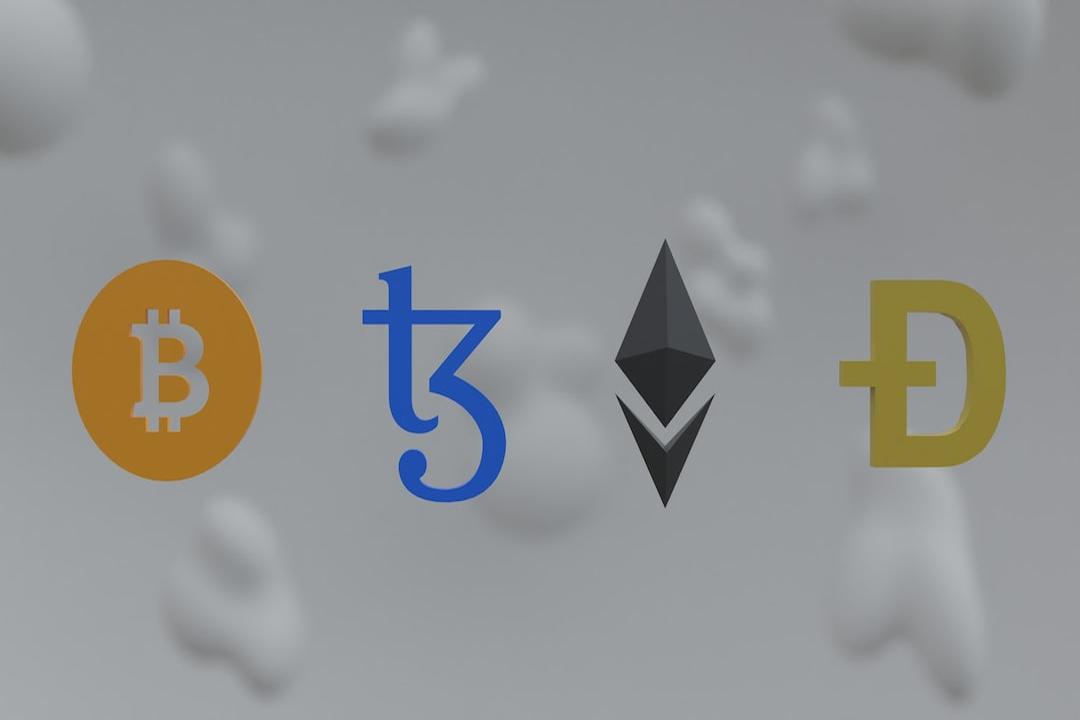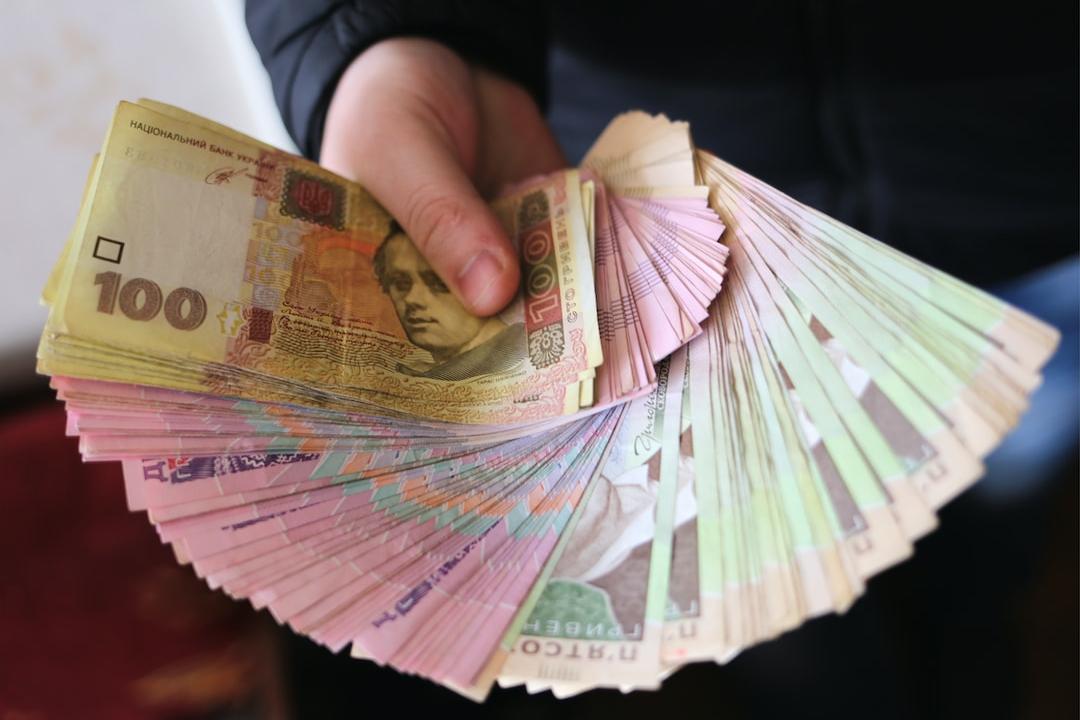California Democrat and Banking and Finance Committee Chair Avelino Valencia’s Strategic Decision on Bitcoin and Crypto Protection
California Democrat and Banking and Finance Committee chair Avelino Valencia has made a strategic decision to amend the recently introduced Money Transmission Act to include Bitcoin and crypto-related investors protection. Specifically, the bill is expected to obtain crypto-self custody rights for the millions of residents within the state.
According to the document shared on the official government website, the modification also implies that the name of the bill is changed from the Money Transmission Act to simply “Digital assets.” Confirming this latest development, Satoshi Action Fund CEO Dennis Porter highlighted that:
“California often sets the national blueprint for policy, and if Bitcoin Rights passes here, it can pass anywhere. Once passed, this legislation will guarantee nearly 40 million Californians the right to self-custody their digital assets without fear of discrimination.”
Reviewing the available document, we found that the bill proposed three major protections, namely:
Meanwhile, the bill is currently pending its first reading, according to reports.
California’s Previous Moves Towards Full Crypto Adoption


Reports confirm that California has earlier taken advanced steps to explore a possible Bitcoin reserve to offset economic challenges while supporting local architectures. According to experts, its recent moves align with the state’s decision to embrace the asset class. It can be recalled that Governor Gavin Newsom signed a Digital Financial Assets Law to prepare the grounds for these developments.
California was also labelled as the most crypto-inquisitive state in 2022, as users from the region accounted for 43% of all the web searches for Bitcoin and Ethereum between May 2 and August 1, 2022, as highlighted in a study we reported on.
Meanwhile, the ongoing series of pro-crypto decisions in the various states are reported to be a testament to the significant shift towards a better regulatory stance.
Recently, the regulator overseeing US banks, the Office of the Comptroller of the Currency, clarified that banks can now engage in some crypto-related activities, including custody and participation in distributed ledger networks. As detailed in our last news piece, acting comptroller Rodney Hood believes that these decisions would reduce the burden on banks and ensure that they are “treated consistently regardless of the underlying technology.”
Similarly, the new US administration has officially embraced Bitcoin as President Donald Trump makes a bold move to sign an executive order for the establishment of its strategic reserve. As indicated in our earlier discussion, all Bitcoin held by the Treasury that was forfeited through criminal or civil asset forfeiture proceedings would be used for this course.


